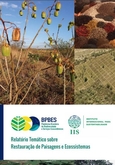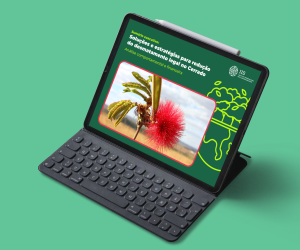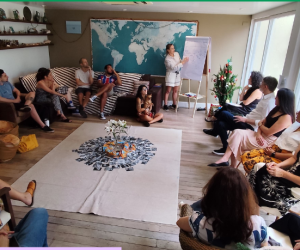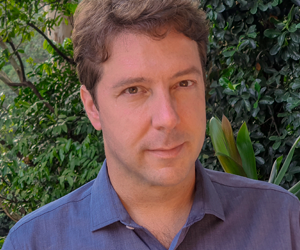About IIS > Internal collaborator
Carlos Alberto de Mattos Scaramuzza
Senior Technical Leader
Carlos Alberto de Mattos Scaramuzza has thirty-three years of professional experience in conservation and sustainable use of biodiversity, developing technical advice, scientific research, and project management. Focused on bridging the gap between technical and scientific research and practical applications, he has been involved in the implementation of public policies and project and program management.
His areas of expertise include conservation biology, vegetation and landscape ecology, biogeography, land use dynamics, GIS applications and environmental modeling; ecology of rainforests, savannas and grasslands. He is also a specialist and certified instructor in Open Standards for Conservation Practice and Professor at the Professional Master in Sustainability Science, at the Department of Geography and Environment, at the Pontifical Catholic University of Rio de Janeiro (PUC-Rio).
He was part of WWF-Brazil team from 2003-2012, as Landscape Ecology lab coordinator and Thematic and Regional Programs Director. From 2013 to 2017, he worked in the Secretary of Biodiversity in the Brazilian Ministry of Environment as Director of Ecosystem Conservation Department, responsible by the national public policies development related to sustainable use and systematic conservation planning of Brazilian Biodiversity.
At IIS, since 2019, he has acted as technical director ahead of the Biodiversity Conservation and Restoration area, coordinating projects, inter alia, on public policies and implementation of ecosystem restoration, biodiversity monitoring; good practices for biodiversity in the reforestation and mining sectors; and integrated landscape management; climate litigation, and environmental modeling.
Related Content
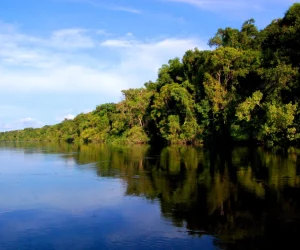
Restoring Landscapes in the Amazon and the Atlantic Forest

Addressing the urgent climate and biodiversity crisis through strategic ecosystem restoration in Brazil
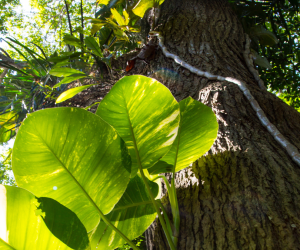
Boosting Assisted Natural Regeneration: Solutions for Mato Grosso and Pará
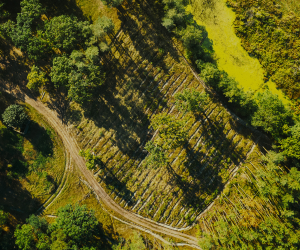
Priority Areas for Native Vegetation Restoration in Brazil
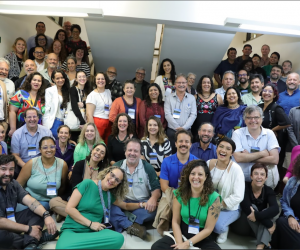
25.06.24
Debates are advancing towards the construction of a public policy that recognises the results of biodiversity conservation efforts in Brazil
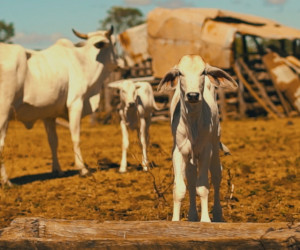
Tocantins Agroenvironmental: Development of a roadmap for advancing the sustainable agri-environmental agenda
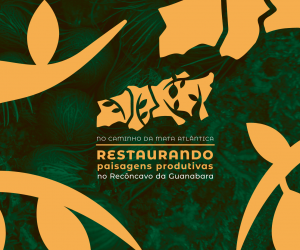
The Atlantic Forest Trail: Restoring Productive Landscapes in the Guanabara Reconcave
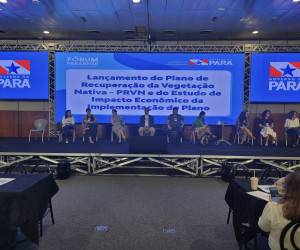
21.12.23
Now it’s law: Pará must restore vegetation on 5.6 million hectares
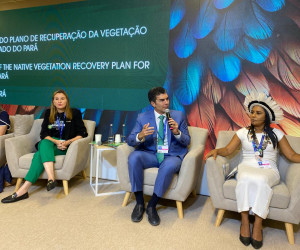
20.12.23
During COP 28, Pará launches a plan co-led by IIS to restore the Amazon
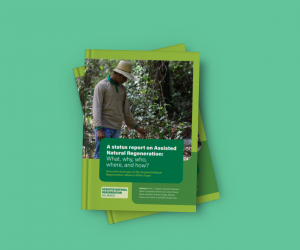
A status report on Assisted Natural Regeneration: What, why, who, where, and how?
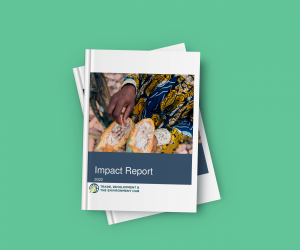
Impact Report 2022
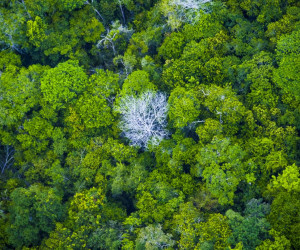
State Plan for the Recovery of Native Vegetation in the State of Pará (PRVN)

Strengthening environmental governance and traceability in cattle supply chains in Brazil
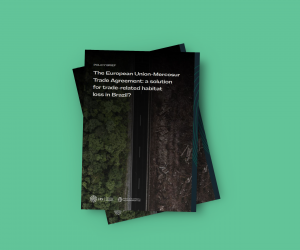
Policy Brief: The European Union-Mercosur Trade Agreement: a solution for trade-related habitat loss in Brazil?
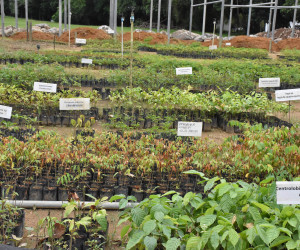
On the Atlantic Forest trail: restoring landscapes and strengthening local production chains in the Central Fluminense Mosaic
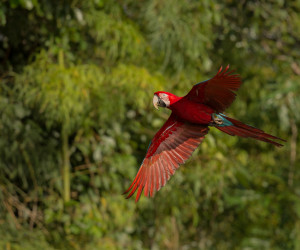
Feasibility analysis of compensation scenarios for residual impacts on biodiversity at Norsk Hydro’s bauxite mine in Paragominas – PA
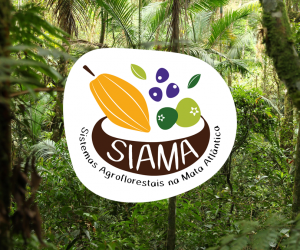
Agroforestry Systems in the Atlantic Forest (SiAMA)
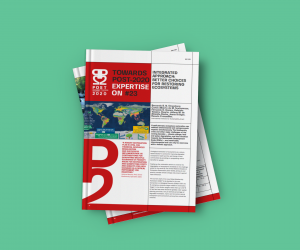
Expertise on #23 – Integrated approach: better choices for restoring ecosystems
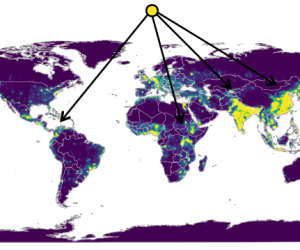
24.03.21
Rising deforestation puts amazon at risk of becoming virus hotspot
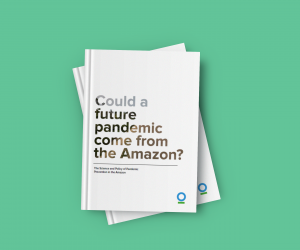
Could a future pandemic come from the Amazon?
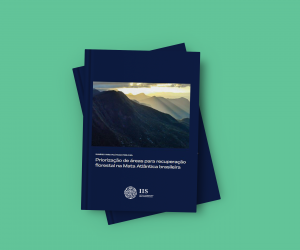
Summary for public policies: prioritizing areas for forest recovery in the Brazilian Atlantic Forest
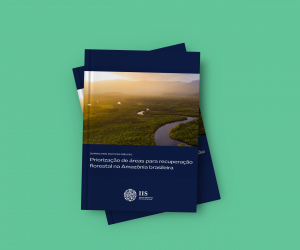
Summary for public policies: prioritizing areas for forest recovery in the Brazilian Amazon
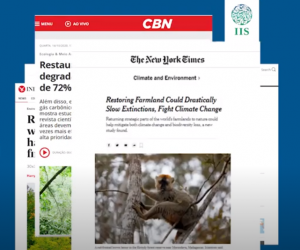
09.02.21
2020 in retrospective

14.10.20
Restoring Farmland Could Drastically Slow Extinctions, Fight Climate Change

14.10.20
Rewild to mitigate the climate crisis, urge leading scientists
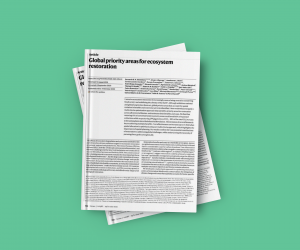
Nature: Global priority areas for ecosystem restoration
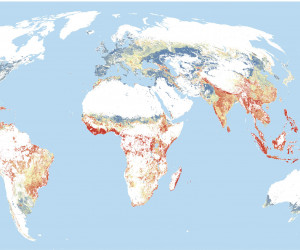
14.10.20
Restoring 30% of the world’s ecosystems in priority areas could stave off more than 70% of projected extinctions and absorb nearly half of the carbon built up in the atmosphere since the Industrial Revolution
